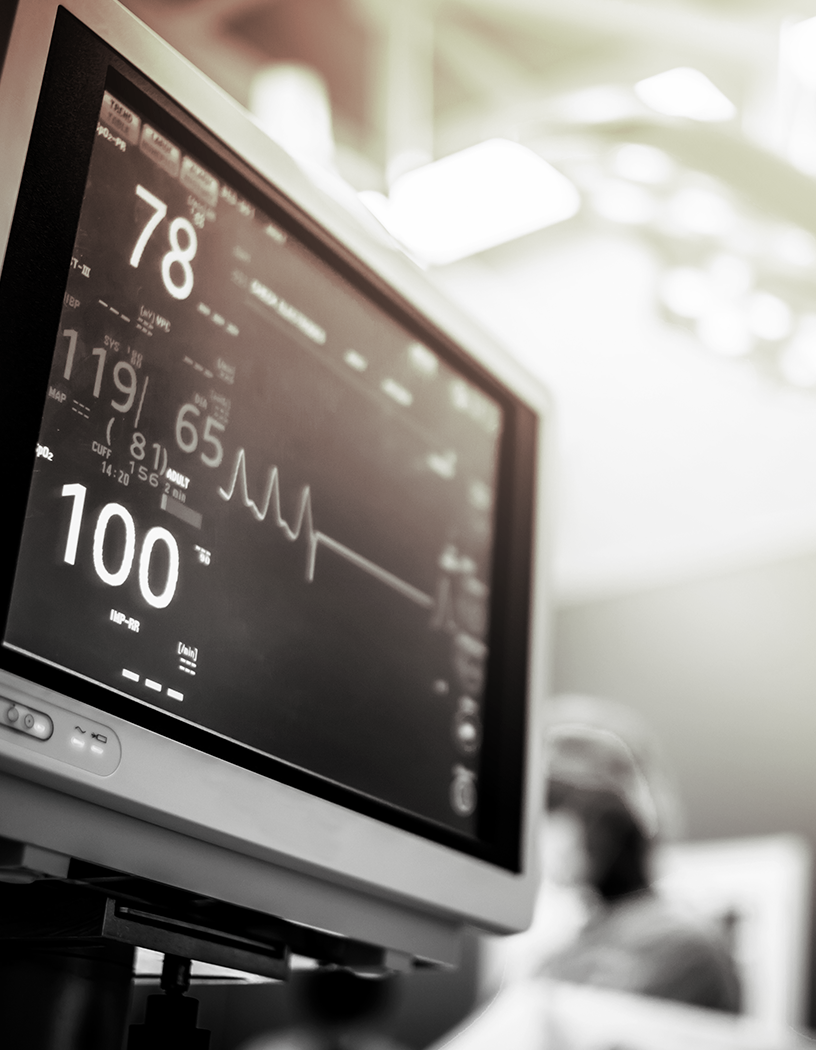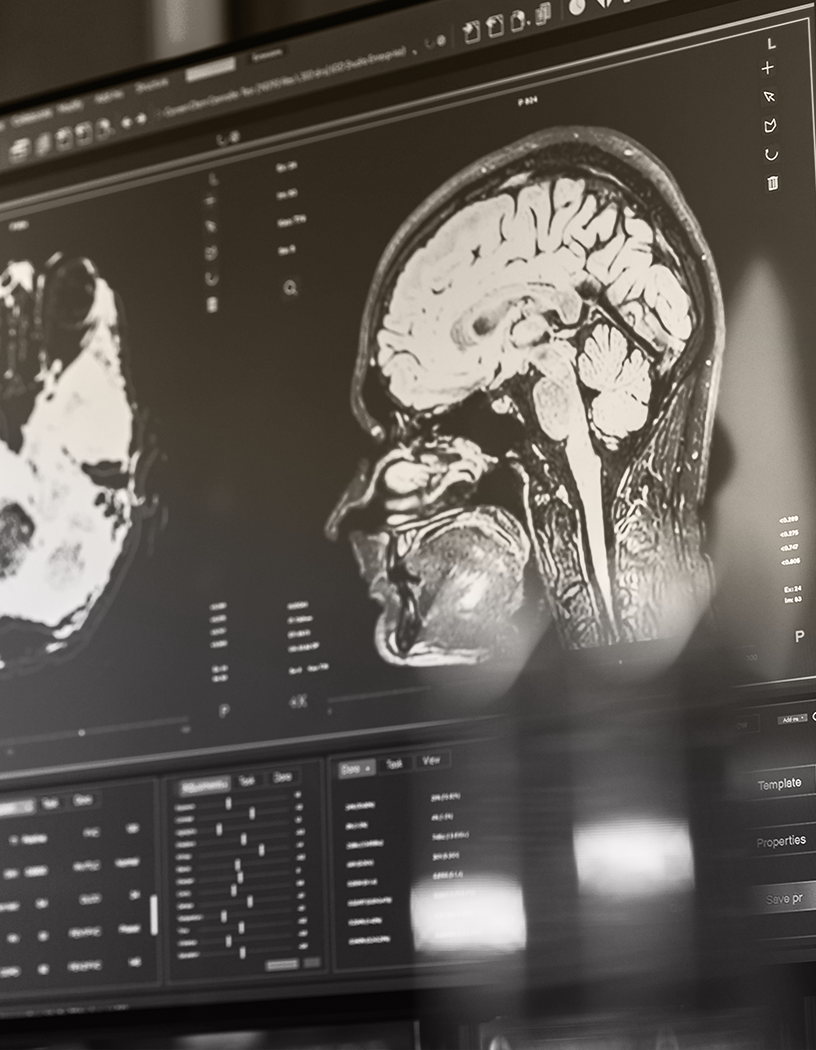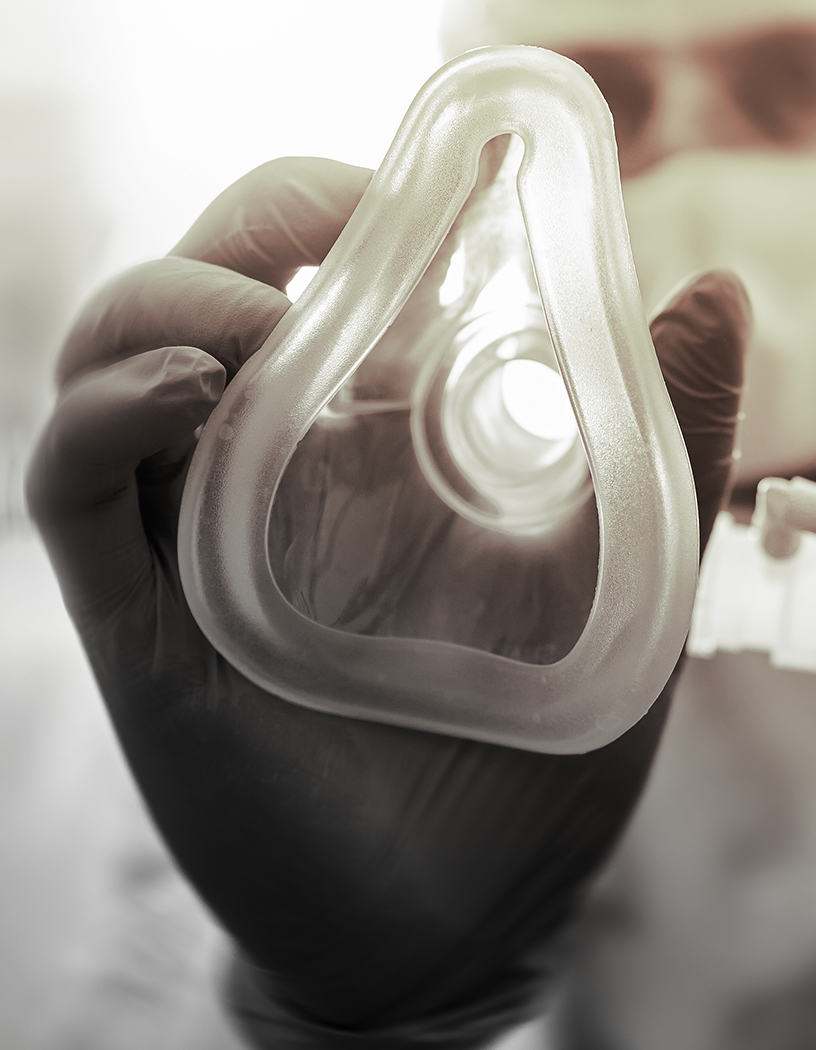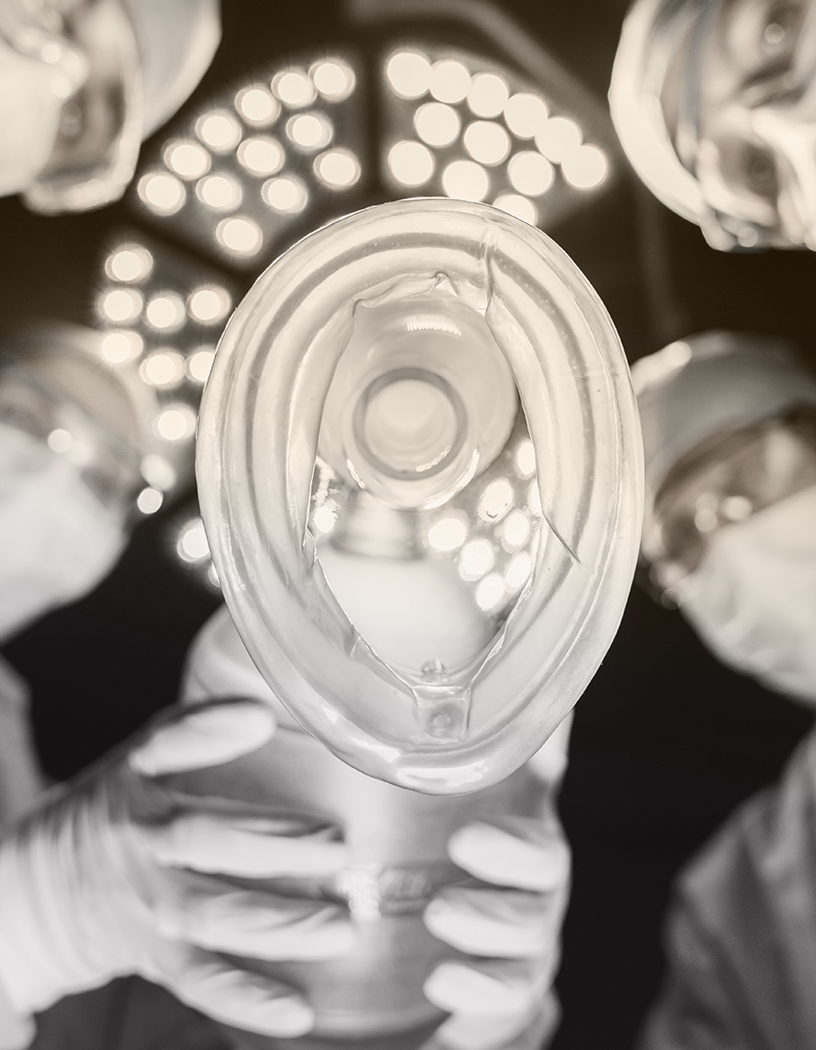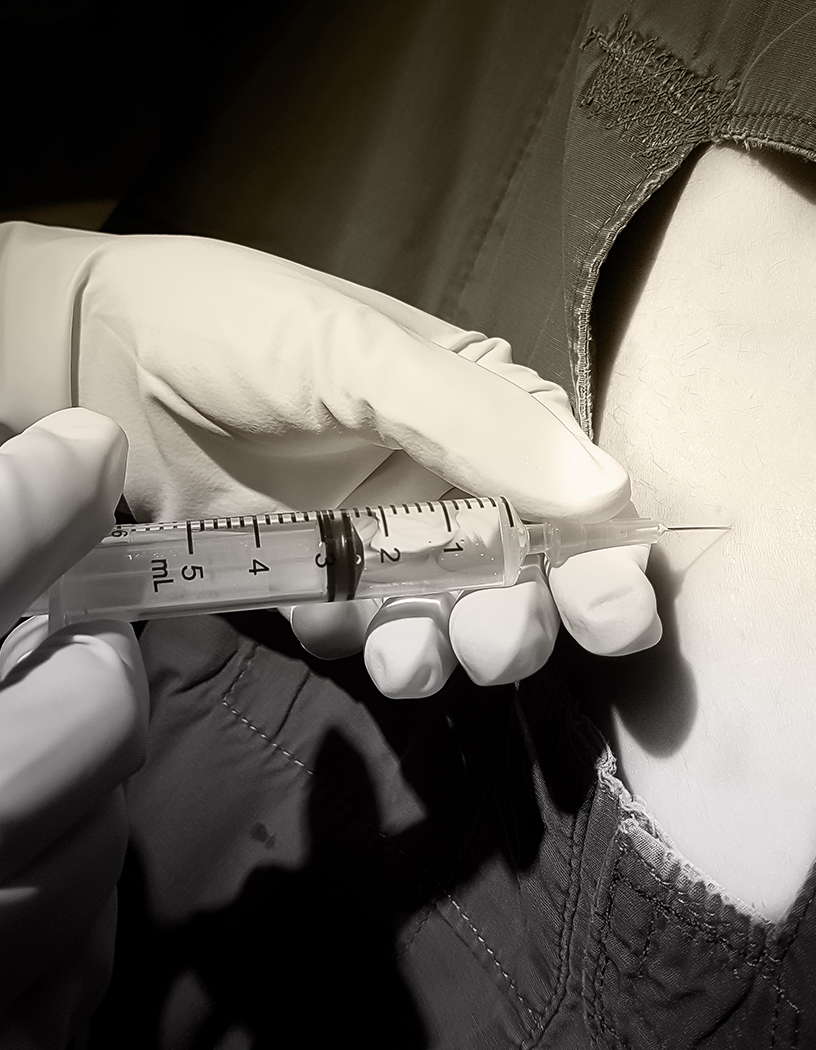New Jersey Cancer Malpractice Lawyers
Cancer Malpractice Attorneys in Haddonfield, NJ Specializing in Cases of Oncological Mismanagement in Camden County, Burlington County, Gloucester County, and Throughout South Jersey
Medical negligence in any capacity can put patients’ health at risk, but the stakes are particularly high in situations that involve any form of cancer. It’s inexcusable for a healthcare provider to fail to diagnose cancer or to promptly and properly intervene to treat these serious conditions appropriately. Our New Jersey cancer malpractice lawyers fight for patients throughout the state, securing them compensation for the physical, emotional, and financial hardships that result from a doctor’s negligent handling of their condition.
At The Law Offices of Andres, Berger & Tran, our cancer malpractice attorneys in Haddonfield, NJ, hold healthcare providers in all specialties accountable when their failures lead to significant harm. If you believe the late-stage cancer battle you’re going through now could have been prevented with proper medical attention, contact us today. We’ll review your case at no cost and help you understand your legal rights and options.
Types of Cancer Malpractice Claims in New Jersey
Cancers can be painful, debilitating, and life-threatening, particularly when they aren’t diagnosed until the disease has progressed to a late stage. Cancer malpractice claims hold healthcare providers and facilities accountable when their conduct toward a patient deviates from the standard of care and results in a worsened condition or prognosis.
Malpractice can occur in the context of any type of cancer, from common to relatively rare conditions. Examples of the types of conditions our New Jersey cancer malpractice lawyers most commonly assist clients with include:
- Lung cancer
- Colon cancer
- Breast cancer
- Cervical cancer
- Ovarian cancer
- Uterine and endometrial cancer
- Prostate cancer
You may also have a claim arising out of malpractice in diagnosing and managing other types of cancers, such as:
- Skin cancers, including melanoma
- Lymphoma
- Pancreatic cancer
- Oral cancers
- Bone cancer
- Leukemia
- Stomach cancer
- Testicular cancer
With all types of cancer, competent medical care is crucial for detecting and diagnosing the condition and its stage of progression, as well as developing and implementing the treatment plan that gives the patient the best possible prognosis. Our New Jersey cancer malpractice lawyers hold practitioners liable when negligence at any stage—from detecting cancer to implementing treatments and monitoring the patient after remission—has a negative impact on the cancer patient’s life, health, and future.
Failure to Diagnose Cancer Cases
Many malpractice claims arise out of a physician’s failure to diagnose cancer promptly and properly.
Cancer misdiagnosis and delayed diagnosis claims can result from different types of negligence on the part of physicians, other healthcare personnel, and facilities, including:
- Failing to take a comprehensive medical history
- Failing to refer the patient for routine screenings based on their age and risk factors
- Misidentifying or misinterpreting symptoms
- Failing to order diagnostic tests as indicated by the patient’s symptoms to confirm or rule out cancer
- Failing to read, interpret, or inform the patient of test results indicating cancer
In cancer misdiagnosis cases, a doctor erroneously diagnoses you with a condition you don’t have instead of the cancerous condition you do have. You may even undergo treatment for the non-existent condition. As a result, your cancer can continue to grow and spread unchecked. Meanwhile, you’re taking on the risks of the medication or procedure used to treat a condition you don’t actually have, but because you have been misdiagnosed, you’re not receiving any benefits from this treatment.
If your doctor fails to promptly diagnose your cancer properly but doesn’t diagnose you with a different condition instead, you have what’s known as a delayed diagnosis rather than a misdiagnosis. Although you aren’t also undergoing treatments that could pose side effects and risks for a condition you don’t really have, delayed diagnosis still allows cancers to become more difficult to treat successfully.
Pathology Errors
Errors in testing procedures could result in doctors receiving inaccurate results to share with their patients. Pathology errors can include misinterpreting tissue samples in the lab, mistakenly switching specimens from different patients, failing to report results correctly to the patient’s treating physician, and failing to follow appropriate laboratory testing procedures. Pathologists, laboratory assistants, and testing laboratories could potentially be held liable when pathology errors result in the patient’s cancer going undetected or misdiagnosed and being allowed to spread unchecked as a result of the lack of intervention.
Treatment Errors
Treatments for cancer can be harsh, damaging healthy cells as well as cancerous ones. However, when a negligent practitioner makes mistakes in implementing or administering treatments, they can cause avoidable harm—potentially while also failing to effectively shrink or remove the cancer.
For example, surgery is often part of a cancer patient’s treatment plan. Our cancer malpractice attorneys in Haddonfield, NJ, help patients hold doctors accountable for incomplete removal of cancerous tissues and for preventable damage to nerves or organs caused during the procedure, particularly in instances in which similarly trained physicians could perform the surgery without making these errors. We can also assist in instances of wrong-site surgery, in which operating on the wrong body part or area causes preventable damage to the surgery site while failing to effectively address cancer found in another location.
Surgery isn’t the only cancer treatment that can cause significant harm if not implemented properly. Radiation treatment errors like radiation contamination or incorporation can lead to serious harm to patients. Medication errors involving drugs ranging from chemotherapy medications to painkillers can cause significant harm, including overdoses and inadequate dosages needed to provide the intended clinical benefit.
Inadequate Surveillance and Monitoring
Even if prompt, proper medical intervention leads to initial remission, the risk of cancer recurring following a period of remission is significant. If doctors neglect to inform the patient of the need for ongoing monitoring or the methods of surveillance incorporated into the treatment plan are inadequate given the situation, the doctor may be liable for harm that results from cancer returning and having the chance to spread because it isn’t detected early.
The Impact of Cancer Malpractice
In the case of many cancers, time is of the essence. It doesn’t take long for aggressive cancers to grow, spread, and result in a much bleaker prognosis. Even a cancer that grows at a moderate pace can get significantly worse when medical professionals’ mistakes allow months or even years to pass without intervention. While some slow-growing cancers can be managed through monitoring for a considerable span of time, even in these instances, regular surveillance is necessary to ensure the condition isn’t worsening.
Failures to detect, monitor, or implement medical treatment for cancers result in consequences like the following:
- Growth and spread of cancerous cells
- The need for more intensive, invasive, and aggressive medical care, including surgeries, chemotherapy, and radiation treatment
- Physical pain and emotional suffering arising out of the advanced stage of cancer and the additional treatments required due to late detection
- Worsened side effects from treatments, including damage to healthy cells, sickness, hair loss, and disfigurement
- The subsequent need for reconstructive surgeries and other procedures that may not have been necessary had the cancer been detected and treated when it should have been
- A poorer prognosis for the future, including reduced survival rates compared to when the same form of cancer is detected early
- Increased risk of cancer recurrence even if remission is achieved initially
- Reduced life expectancy
Medical malpractice in cases of cancer impacts patients physically, emotionally, and financially. Our New Jersey cancer malpractice lawyers help patients and their families pursue a payout that makes them as financially whole as possible.
How The Law Offices of Andres, Berger & Tran Can Help
To hold a healthcare professional or facility accountable for malpractice through civil legal action, you need to establish certain elements. Our New Jersey cancer malpractice lawyers work to establish that the defendant owed you a duty of care through some form of provider-patient relationship. We analyze medical records to identify all potential defendants and instances of negligent conduct that could constitute a deviation from the accepted standard of care. Our attorneys work closely with medical experts whose opinions can strengthen your claim of medical negligence. By documenting all of your damages and accurately projecting future losses, we establish a strong foundation for seeking maximum compensation.
Why Choose The Law Offices of Andres, Berger & Tran?
Through negotiated settlements and trial awards, our cancer malpractice attorneys in Haddonfield, NJ, have a history of securing significant results for patients injured through medical negligence. We bring to each medical malpractice case attention to detail, concern for our clients, and the professional resources to build the strongest claims possible.
Numerous Six-Figure and Seven-Figure Verdicts and Settlements in Cancer Misdiagnosis Claims
The Law Offices of Andres, Berger & Tran have a proven record of securing high-value payouts for patients harmed by cancer malpractice and their families. Our record of success includes multiple payouts in excess of $2,200,000 for cervical cancer misdiagnosis cases, a $1,000,000 result for a case involving prostate cancer misdiagnosis, and multiple six-figure awards and settlements for breast cancer misdiagnosis claims. We know how to get our clients maximum compensation, and we have the track record to prove it.
Willingness to Explore All Avenues for Getting You Results, Including Trial
Although many medical malpractice claims ultimately settle out of court, it’s in your best interests to go into your claim with all options available to you. As a litigation firm led by a Certified Civil Trial Lawyer, Michael S. Berger, we’re ready to prepare each case for the possibility of a trial while still pursuing settlement offers through skillful negotiations. Our goal is to secure the results you deserve through whatever path best fits your situation.
The Attention to Detail and Professional Resources That Make Claims Successful
Cancer malpractice claims are complex issues, both legally and medically. Managing these claims effectively requires careful investigation and close attention to detail throughout the course of analyzing all medical records. Motivated by our genuine care for our clients, we’re committed to painstakingly reviewing medical records and collaborating with expert witnesses to secure the evidence necessary to prove your claim.
Contact the New Jersey Cancer Malpractice Lawyers at The Law Offices of Andres, Berger & Tran Today for a Free Case Review
There’s only one way to determine whether a doctor or another healthcare professional failed you by not detecting or intervening in your cancer earlier. You need to consult an attorney about the specific facts of your situation. Only through a thorough evaluation of your unique circumstances can medical negligence be brought to light.
For help from cancer malpractice attorneys in Haddonfield, NJ, contact The Law Offices of Andres, Berger & Tran online or call 856-317-6558 today.
Frequently Asked Questions About Cancer Malpractice in New Jersey
Medical malpractice occurs when a healthcare professional’s conduct toward a patient to whom they owe a duty of care deviates from the standard of care established by the larger medical community. Generally, a doctor has an obligation to do all of the following to the same extent that a reasonably prudent professional with a similar level of training would:
- Recommend the routine screening tests based on risk factors and diagnostic tests based on symptoms
- Perform testing procedures correctly
- Interpret test results accurately
- Diagnose cancer based on test results
- Inform the patient and refer them to the appropriate specialists
- Develop a treatment plan using evidence-based interventions
- Implement the treatment plan, including surgery, radiation therapy, chemotherapy, and other treatments, properly
- Monitor the patient throughout the cancer battle and, as appropriate, once in remission
The specific obligations a doctor has in regard to the standard of care depend on their area of practice, but even generalists can be held accountable for failing to recognize the risk factors and symptoms that should result in a referral to a specialist or standard screenings and diagnostic tests.
Featured Results
